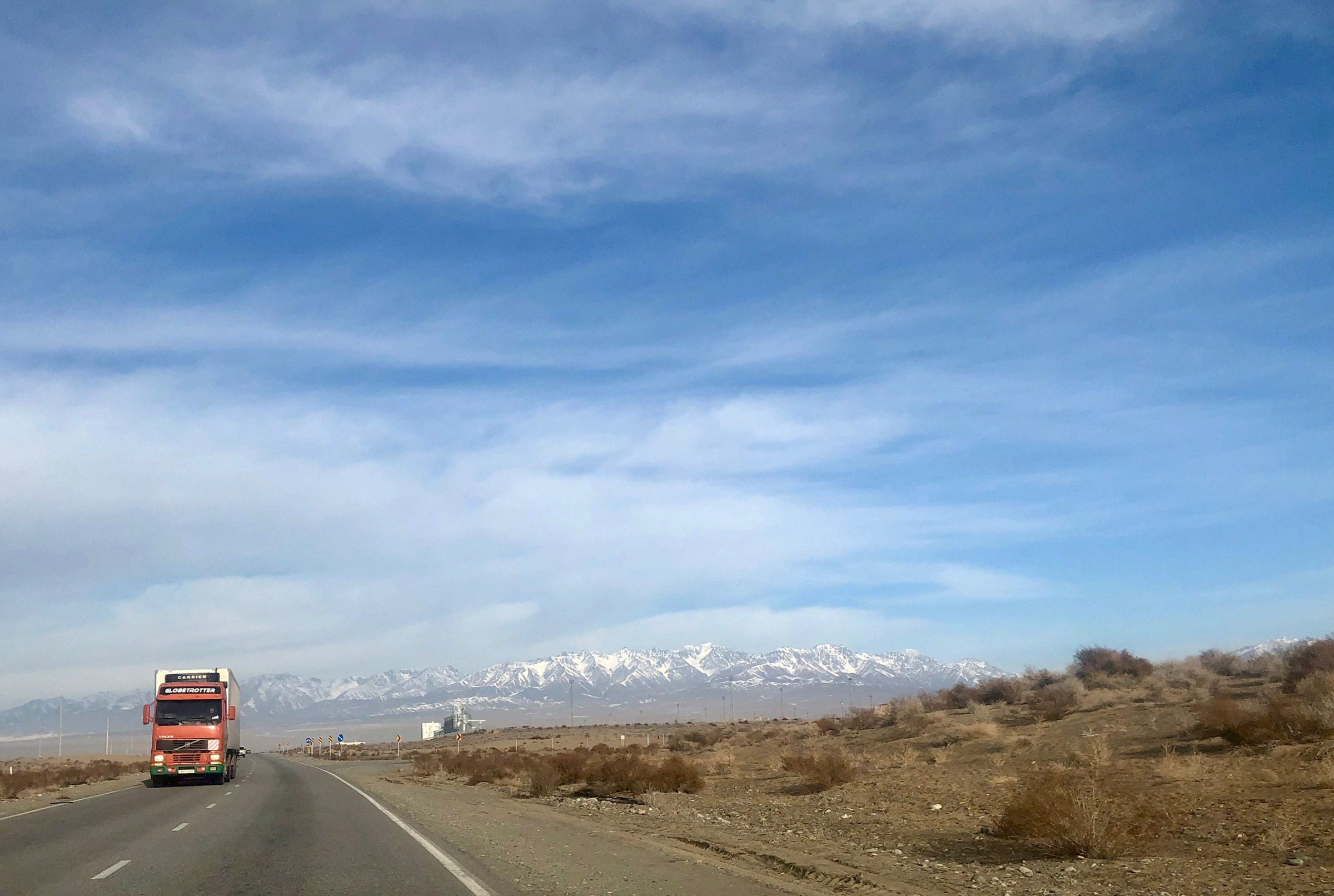With a $2.5 million partnership grant from the Social Sciences and Humanities Research Council (SSHRC), the Global Reporting Centre is launching Hidden Costs. The project brings together award-winning journalists from around the world, who will work with leading academic experts and media organizations to investigate corruption, labour abuses and environmental impact hidden within global supply chains.
The SSHRC reviewers called Hidden Costs a “truly groundbreaking project,” with an “all-star cast” and “tremendous potential to make social and political impacts.”
This is the first major grant of the new Global Reporting Centre (GRC), which is based at the University of British Columbia and is dedicated to innovating international journalism.
“What’s so exciting about this project is that we can spend the time and resources necessary to get at the complex stories behind the products that surround us,” said Peter Klein, who serves as the project’s director, is a professor at the UBC School of Journalism, and runs the Centre. “We created the GRC to find new ways of doing journalism – and by bringing top scholars and reporters from around the world together into the newsroom, we have an opportunity to do journalism in a new way on this important topic.”
Collaborators are drawn from journalists who have produced some of the most important stories about global commerce. Martha Mendoza shared in the 2016 Pulitzer Prize for Public Service for her AP investigation of slavery in the seafood industry, which led to freedom for 2,000 slaves in Southeast Asia. Three-time Pulitzer-winning reporter Walt Bogdanich has investigated railroad crossings, medical supply chains and toxins in imported toothpaste. Kwabena Koranteng is a Ghana-based journalist who has investigated illegal fishing, problems in cocoa processing, and mining in Africa. Edward Burtynsky has travelled the world documenting the side effects of global supply chains with his signature aerial landscapes of oil fields, mines, quarries, tailing ponds and ship-breaking yards.
These, and many other journalists, will work with a team of leading scholars from universities including Columbia, Yale, Georgetown, Toronto, Victoria, Copenhagen Business School, Sheffield, Emily Carr, Nanjing, Makerere, Universidad de Los Andes and International University in Moscow. Law professor Joel Bakan is the author of the bestselling book The Corporation: The Pathological Pursuit of Profit, which he turned into the award-winning documentary The Corporation. Economist Pietra Rivoli’s book The Travels of a T-Shirt in the Global Economy: An Economist Examines the Markets, Power, and Politics of World Trade has been translated into 14 languages and was the basis of the award-winning NPR radio documentary Making a T-Shirt. Marine biologist Daniel Pauly is the founder of Sea Around Us, which documents the impact of global fishing, and his work has been the subject of several acclaimed documentaries.
The partnership also includes organizations that are providing research services for the reporters and scholars. Panjiva has customs and shipping data to help trace global supply chains. Double Helix has a genetic database of protected forests, and will provide testing of wood products. DigitalGlobe will provide high-resolution satellite images. And Google Newslab will help team members build new tools to advance their research.
Hidden Costs has signed partnership agreements with The New York Times, PBS FRONTLINE, Toronto Star, Canadian Broadcasting Corporation, NBC News, and Smithsonian Channel. These partners will provide additional funding and support for reporting projects, and will distribute the content, which will include documentaries, newspaper series and digital projects.
The seven-year-long project will culminate in a travelling exhibit staged in two shipping containers – built in collaboration with the National Film Board of Canada – which will travel around North America to key hubs of global commerce.
“This is exactly the kind of project we sought to produce when we first developed the Global Reporting Centre,” said Klein. “It brings academic rigor to journalism. It brings innovative approaches to reporting and exciting creativity to storytelling. And it will reach new audiences around the world.”
The Social Sciences and Humanities Research Council is a Canadian funding agency that has been a global leader in promoting “knowledge mobilization” of academic research, bringing valuable social science and humanities into the public realm. Additional funding has come from the University of British Columbia’s Research Excellence Clusters fund, as well as the Faculty of Arts.
PHOTOS AVAILABLE FOR MEDIA USE HERE.
FOR MEDIA INQUIRIES, EMAIL [email protected].

